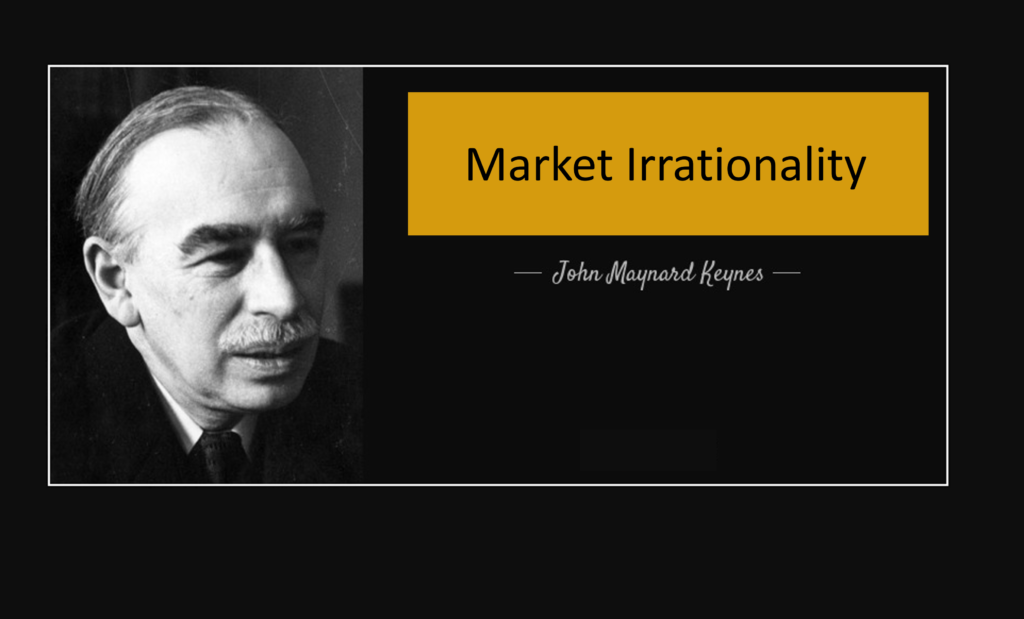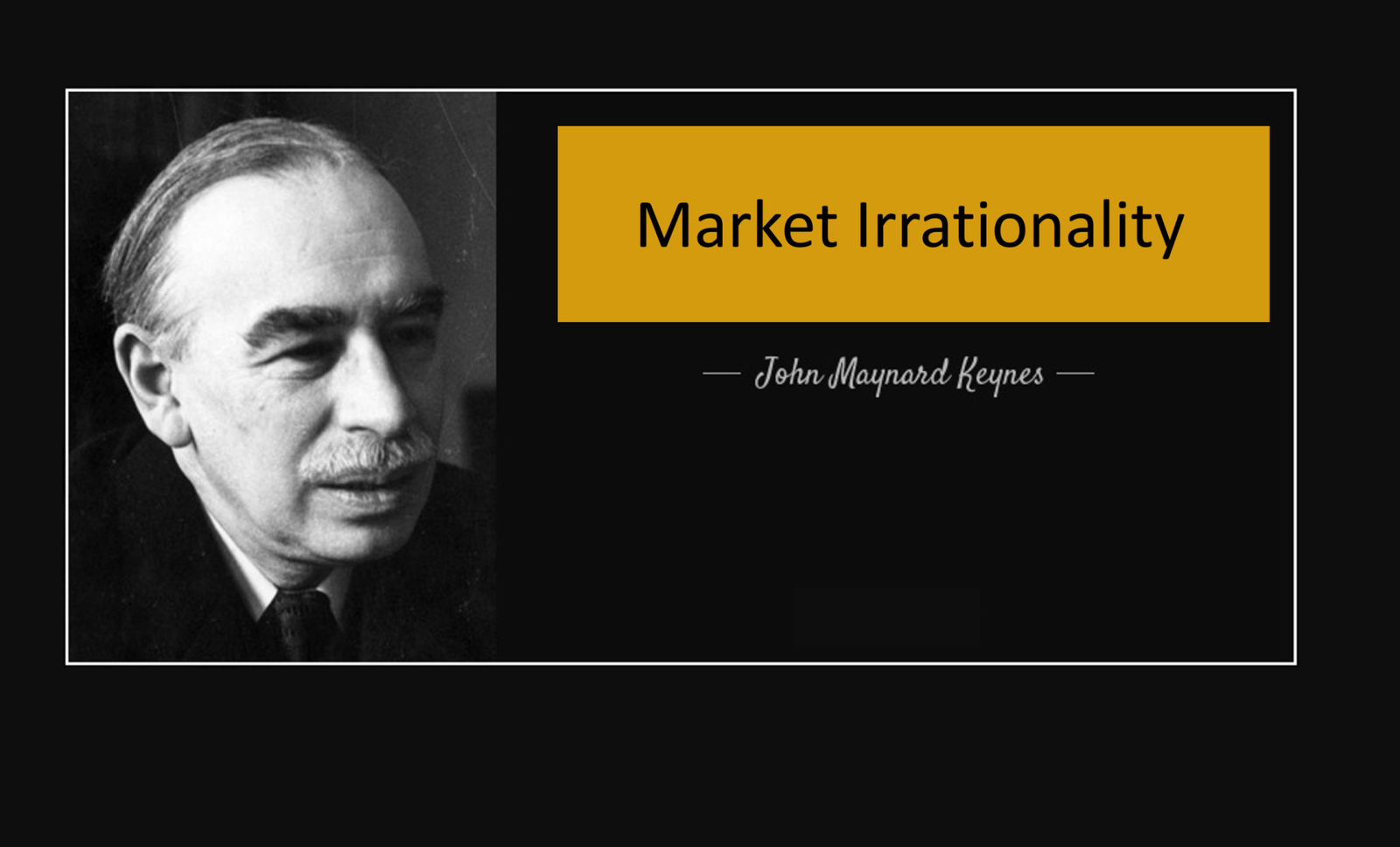Have you ever wondered why markets fluctuate so drastically, seemingly driven by whims and emotions rather than logic? In our latest blog post, we delve into the insights of the legendary economist John Maynard Keynes, who shed light on the phenomenon of market irrationality.

Keynes, considered one of the most influential economists of the 20th century, observed that market participants often exhibit behaviors that defy traditional economic theories. He recognized that emotions, perceptions, and even herd mentality can heavily impact financial decisions, leading to volatile market movements that seem detached from reality.
In this enthralling exploration of Keynes’ ideas, we examine how his groundbreaking theories challenged traditional economic thinking and revolutionized our understanding of market dynamics. Here are some of the unique features of his perspectives:
- The Role of Animal Spirits: Keynes introduced the concept of “animal spirits,” referring to the irrational and unpredictable human behavior that drives financial markets. He argued that these spirits, influenced by psychology and social factors, play a significant role in shaping economic outcomes.
- The Beauty of Contrarianism: While many economists believed that markets were efficient and rational, Keynes emphasized the importance of contrarian thinking. He recognized the potential for market participants to overreact to news or events, causing prices to deviate significantly from their intrinsic value. Pointing out the opportunities that arise from such situations, Keynes empowered investors to embrace contrarian strategies.
- The Paradox of Saving: Keynes challenged the prevailing notion that saving is always beneficial for the economy. He argued that excessive saving can actually lead to reduced consumption, which in turn hampers economic growth. By questioning the traditional wisdom, Keynes opened up new avenues of thought on the delicate balance between saving and spending.
But what practical benefits do Keynes’ insights hold for us today? Understanding market irrationality and the psychological factors that influence it allows us to navigate financial markets more effectively. By recognizing and accounting for the irrational behavior of market participants, we can anticipate and position ourselves ahead of market swings, maximizing our returns and minimizing risks.
At the heart of Keynes’ ideas lies the recognition that markets are not solely driven by numbers and equations. They are fueled by human emotions and perceptions, empowering us to take a more holistic approach to investing and decision-making.
Join us on this captivating journey as we uncover the enduring wisdom of John Maynard Keynes and explore the fascinating world of market irrationality. Discover how these invaluable insights can enhance your understanding of financial markets and open doors to profitable opportunities.
Don’t miss out on this eye-opening exploration. Stay tuned for our upcoming post, where we unravel the secrets of Keynesian economics and its relevance in today’s volatile markets.

